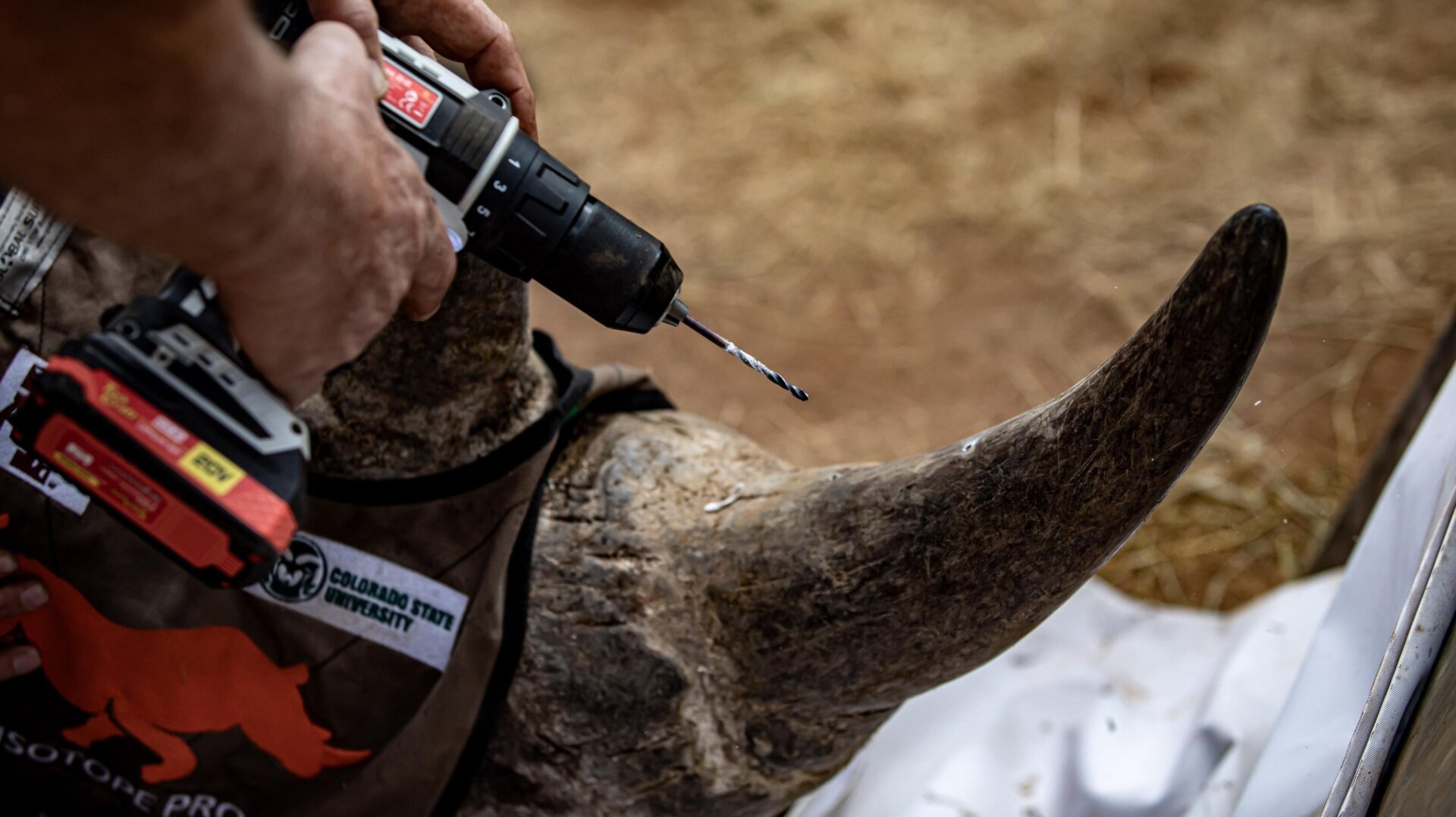Dogs may not just love their favorite chew toys, they may also remember their names—even after two years! A new, albeit limited, study suggests dogs possess a stronger ability to retain cognitive labels for objects than previously thought, potentially putting them on par with young children developing verbal skills.
Canine Cognitive Abilities Tested
Researchers at Hungary’s Eötvös Loránd University, led by Shany Dror, conducted a study published in Biology Letters. Five dogs—Max, Rico, Squall, Whisky, and Gaia—were each given 12 toys and taught their names in December 2020. The dogs’ owners had varying amounts of playtime with them, ranging from half an hour to over five hours a day.
The dogs were tested on their ability to recall the toy names after one month, two months, and finally, two years. Before the two-year test, the dogs were allowed to briefly sniff the toys to avoid overexcitement. Their owners then verbally instructed them to retrieve a specific toy by name.
Impressive Recall Abilities Demonstrated
The dogs demonstrated impressive recall abilities. After one and two months, they retrieved the correct toy 70% and 55% of the time, respectively. While recall declined over two years, it didn’t disappear entirely. In the two-year test, they retrieved the correct toy 44% of the time, significantly higher than the 20.4% chance rate.
Individual Differences and Playtime
Individual performance varied. Rico and Gaia achieved the highest success rates, 60% and 54%, respectively, although Rico’s owner lost most of the toys during the two-year period, potentially affecting the results. Squall’s performance was close to chance, while the others performed at least 20% better than chance. Playtime didn’t appear to correlate with performance.
Study Limitations and Future Research
The researchers acknowledge that the large number of toys posed a challenge, and the dogs might have performed even better with fewer toys. The small sample size of five adult border collies limits the generalizability of the findings. The behavior might be breed-specific.
Comparisons to Human Toddlers and Evolutionary Implications
Domestic dogs were chosen for the study due to their constant exposure to human language and the limited research on their long-term memory, which is a growing area of study. The researchers suggest that dogs’ ability to retain cognitive labels rivals that of toddlers. Despite lacking human language abilities, dogs can link labels to objects and remember them for extended periods. This research could offer insights into the evolution and function of human cognitive processes.
Conclusion
This study reveals fascinating insights into canine cognitive abilities, suggesting dogs can remember object names even after a two-year gap. While further research with larger and more diverse samples is needed, these findings highlight the impressive long-term memory capabilities of dogs.











